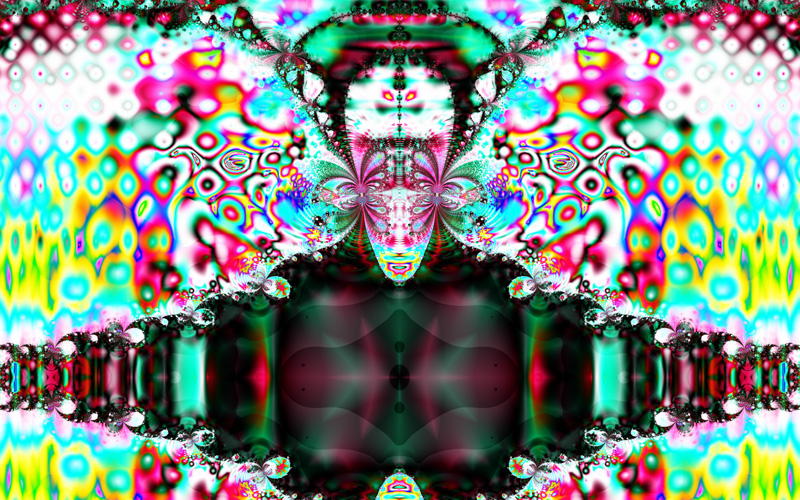The Anthropic Principle
Q: Why is the universe 14 billion years old? A: Because it took that long for a creature to develop who could ask the question.

Q: Why is the universe 14 billion years old? A: Because it took that long for a creature to develop who could ask the question.

Simply put, the anthropic principle states that since the existence of life as we know it requires that a number of basic physical constants (such as those involved in gravity and the freezing point of water) have almost exactly the values that they actually have - which is extremely improbable - it follows that the universe was constructed in such a way as to allow life to develop. Wikipedia devotes a long article to this subject, which is being debated among various philosophers.
In my view, this is nonsense. The universe is as it is and we are in it, but our existence cannot be seen as causing the universe to be one way rather than another. The probabilistic argument is false because the implicit assumption is that the universe could have been different in many ways, and out of these many ways one particular way was chosen. There is no basis for such a view. Probabilistic arguments only apply when there is a known range of possible events and we talk about the probability of a particular event occurring. Since there is no reason to believe that someone spun the dials to choose the parameters for the universe, the argument from probability has no validity.
The anthropic principle can also be stated as "conditions that are observed in the universe must allow the observer to exist". This is self-evidently true, but it tells us nothing at all, as it is a tautology, like "a green apple is green". A stronger version states that the universe is in some sense compelled to eventually have conscious and sapient life emerge within it. This sounds like the medieval notion that humankind has a central importance in the world, a belief that science has consistently eroded for the last 500 years since Copernicus. Nor can I imagine how the universe can be "compelled" in any possible meaning of the word.
A friend asked why does anything exist at all? I think this is an invalid question. It is akin to the anthropic idea and is another speculation that has no meaning, aside from being fun for eggheads. The universe is as it is, and it is meaningless, in my view, to speculate about how else it could have been, or not been at all. To talk about probabilities of the universe existing or being different from what it is constitutes an invalid way to extend the notion of probability - ie rational expectation based on numerous repetitions - to a domain where probability has no meaning.
In conclusion, although probability is a useful tool in contexts where we have enough data to form a rational expectation, the design of the universe is not such a context.